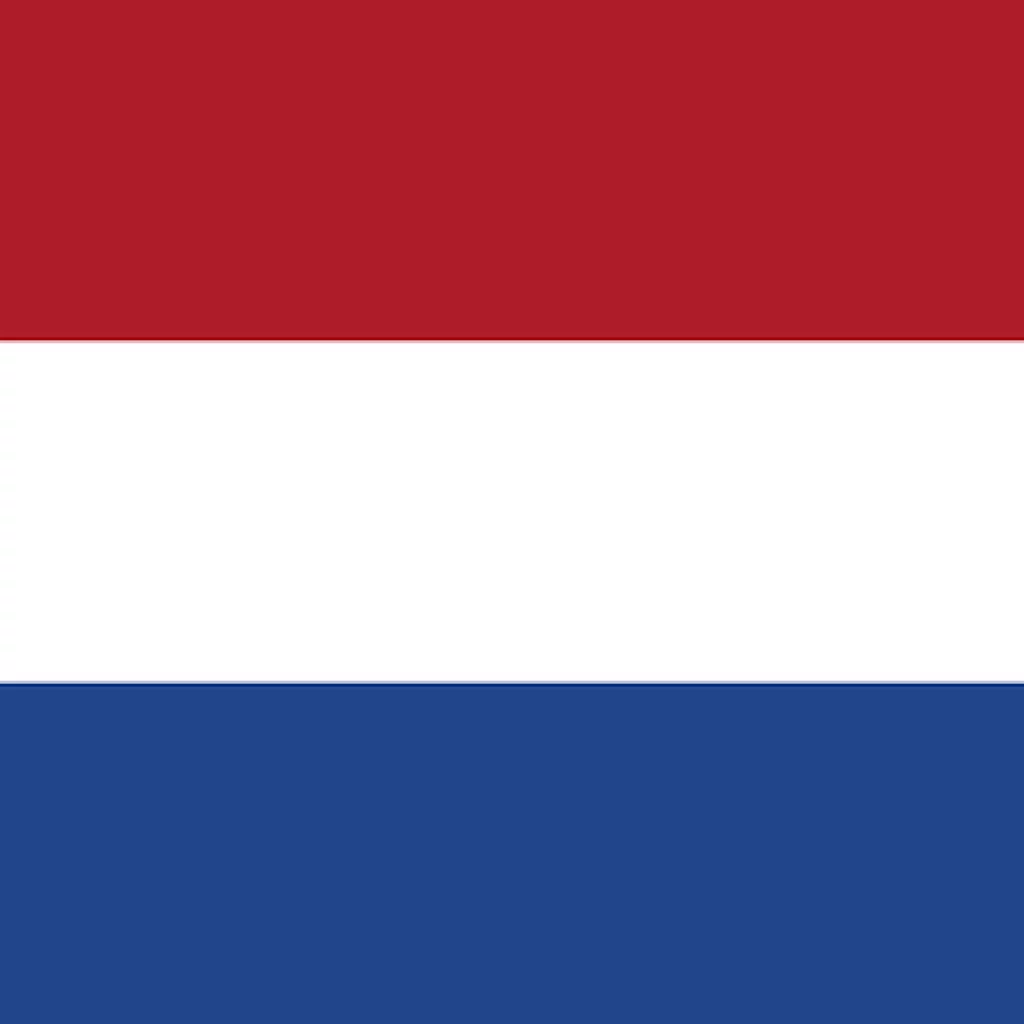(ComputerWeekly) Students at the Amsterdam University of Applied Sciences (HvA) are applying challenges from the business world to IBM’s quantum computers.
Marten Teitsma heads the special lectureship in applied quantum computing at the HvA, a collaboration with the Centre for Mathematics and Informatics and Capgemini, among others.
According to Teitsma, the Netherlands occupies a top-three position in Europe when it comes to quantum computing. “The centre of quantum technology and quantum computing is in Delft, where the TU works with Qtech on the subject,” he said. “But Amsterdam also plays a significant role with, for example, Qsoft, which focuses on software development for quantum computing worldwide. All in all, we as the Netherlands are well positioned.”
The Dutch government sees quantum technology as an opportunity and is investing heavily in the sector. Last year, the Netherlands made €615m available with the aim of becoming a leading global centre for quantum computing. Earlier this year, it was announced that the successful Dutch quantum company Qu&Co is merging with French quantum computer builder Pasqal. This raises the question of whether the Dutch government is doing enough to keep the country attractive for this type of startup.
The lecturer is happy that the merger of Qu&Co is with a French company because, according to him, the various European countries must eventually move towards a European ecosystem. “Each country starts on its own, of course, but we cannot escape the fact that it will eventually become a European story,” he said. “The implementation of this type of new technology costs so much money, time and intellect that many countries cannot afford it themselves.
“You see that the US and China can do it as large economies, but in order for Europe to play an important role in this world, we have to start working together.”
Public investment
The money from the growth fund has gone to Quantum Delta NL, the Dutch organisation that is creating a national ecosystem for quantum innovation with the aim of attracting talent and bringing the technology to the market. In 2019, the National Agenda Quantum Technology was released in the Netherlands. It was drawn up by knowledge institutions, companies and civil society organisations and it contains action points to enable the Netherlands to maintain its top position in the field of quantum technology.
To lead the pursuit of quantum computing knowledge from fundamental research through to its application, the HvA launched a minor in applied quantum computing last year. Within the programme, students research applications of quantum computers from a practical perspective and test the current technology.
In collaboration with industry, students work on concrete quantum assignments and issues. They do this partly on real quantum computers from, for example, IBM and TU Delft, which are available for experiments via the cloud. The students also work on assignments on simulators that run on their own laptops.
